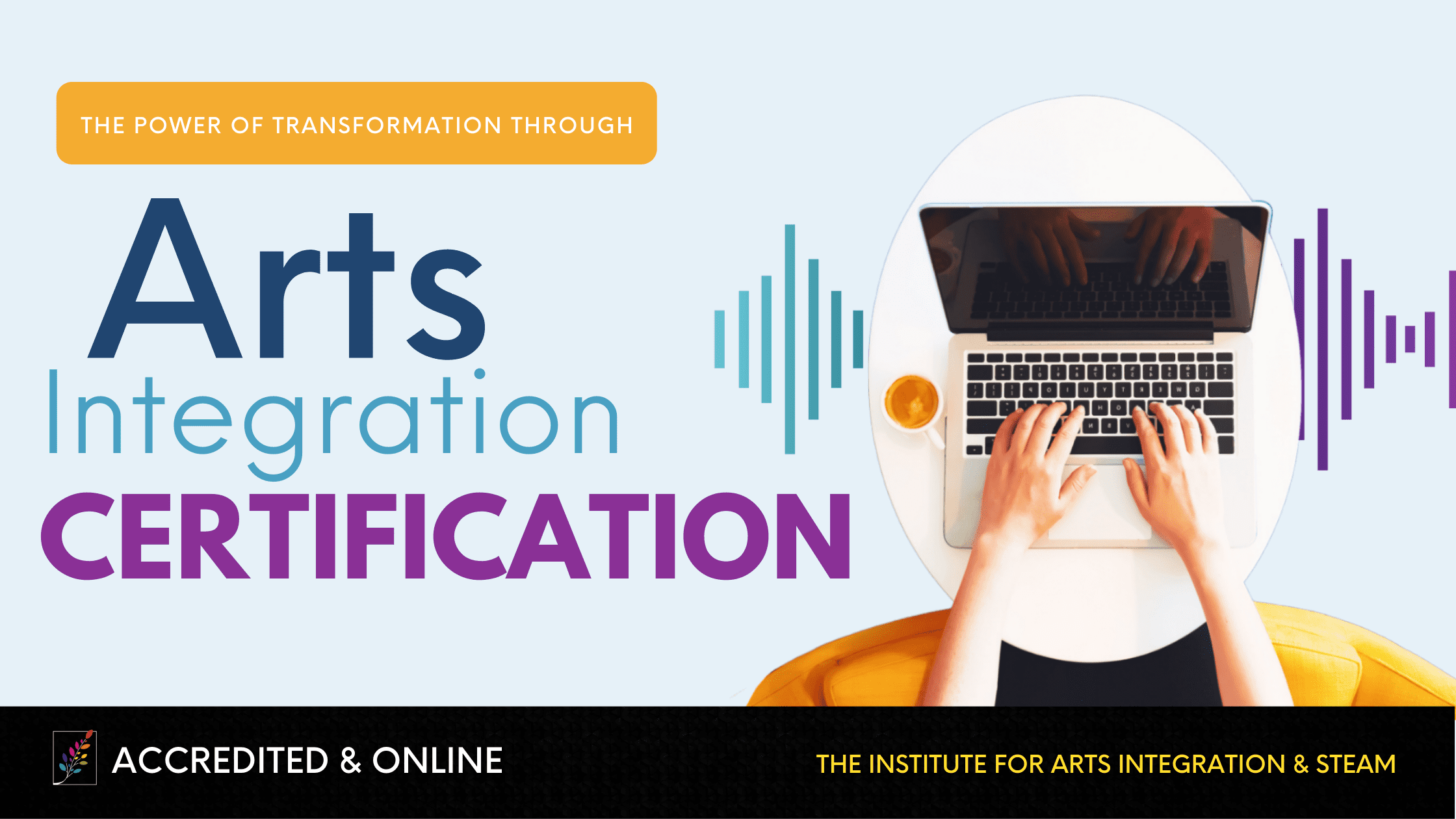Deirdre Moore | April 2014
Combat Perfectionism: Model Learning from Mistakes
Let me just put it out there. I am a perfectionist. I don’t want there to be a learning curve when I start something new, I want to be brilliant right out of the gate. This can really be a problem for me personally. What complicates this problem further is that who we are as individuals affects who we are as educators so my personal problem becomes a professional one. We educators can tell students that mistakes are necessary, even vital learning tools but if we do not practice what we preach and do not model what we teach, the words and the lessons are hollow.
I wish someone at some point had explicitly taught me how to value mistakes, how to fail with flourish, and then how to learn from that in order to ultimately succeed. But since no one ever taught me, I have decided I need to do this for myself and for my students. The arts provide a perfect environment to show how mistakes are an integral part of the learning process.
The other day I was working on a folk dance unit with some second graders. In small groups they were creating circle dances with 4 sections, each section lasting for 8 beats. Before having the students work on their own, the classroom teacher and I demonstrated how to create a dance and then had the individual groups perform that dance. We started with the children touching palms in a circle for the first two sections. The next two sections we had the students linking elbows. This was all well and good until we put on the music and had the students dance the sequence through two times. In our planning we teachers neglected to include time to transition from palm touching to elbow linking and back again.
What a fabulous teachable moment! In order to solve the problem we decided only to perform the second section of palm touching for 4 beats and use the next 4 beats to move into the linked elbow position. We did the same for the second section of elbow linking. The students performed the dance again with the changes and it worked beautifully. But did the students learn from our mistake?
In their small groups creating their own dances I overheard, “Let’s just do it for four so we have time to link elbows!” Oh, how that made my heart sing! Another group decided to pull a tricky move involving palm touching, clapping and arm crossing. Their first attempt was disastrous. Did they hang their heads in shame? No! One student suggested that rather than alternating movements with every beat they could perform one movement for the first 4 beats and the other movement for the last 4 beats. Brilliant! The examples go on and on.
The teacher and I witnessed some amazing cooperation, some serious frustration, and some inspired problem solving during the choreography and rehearsal process. The result was some beautiful examples of what can be achieved through perseverance and learning from mistakes. Neither one of us teachers explicitly discussed the importance of making and learning from mistakes at that time. However, the stage has now been set. Back in the classroom the next time a sentence doesn’t make sense, a science experiment doesn’t go as planned, or the strategy used to solve a math problem doesn’t produce an accurate answer, the teacher can remind her students, “Remember when Ms. Moore and I choreographed that dance and didn’t leave time for you to go from touching hands to linking elbows? What did we do then? What did we learn that we were able to use later?”
This is a perfect way to help the students transfer what they have shown they already know how to do when choreographing dance to any other problem they encounter or mistake they make. By taking risks in front of our students, we educators can model that making mistakes can, in fact, be valuable learning tools and we can help to heal the perfectionist in ourselves and in the perfectionists-in-training right there in our classrooms.



